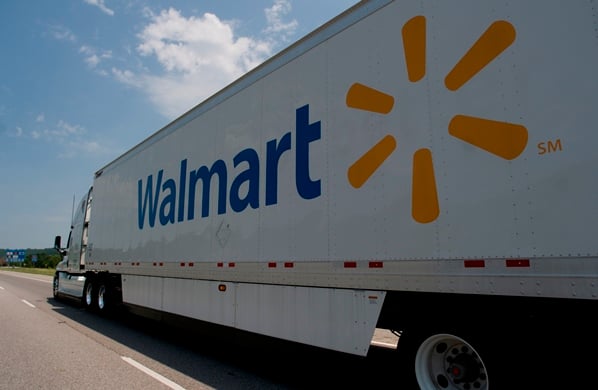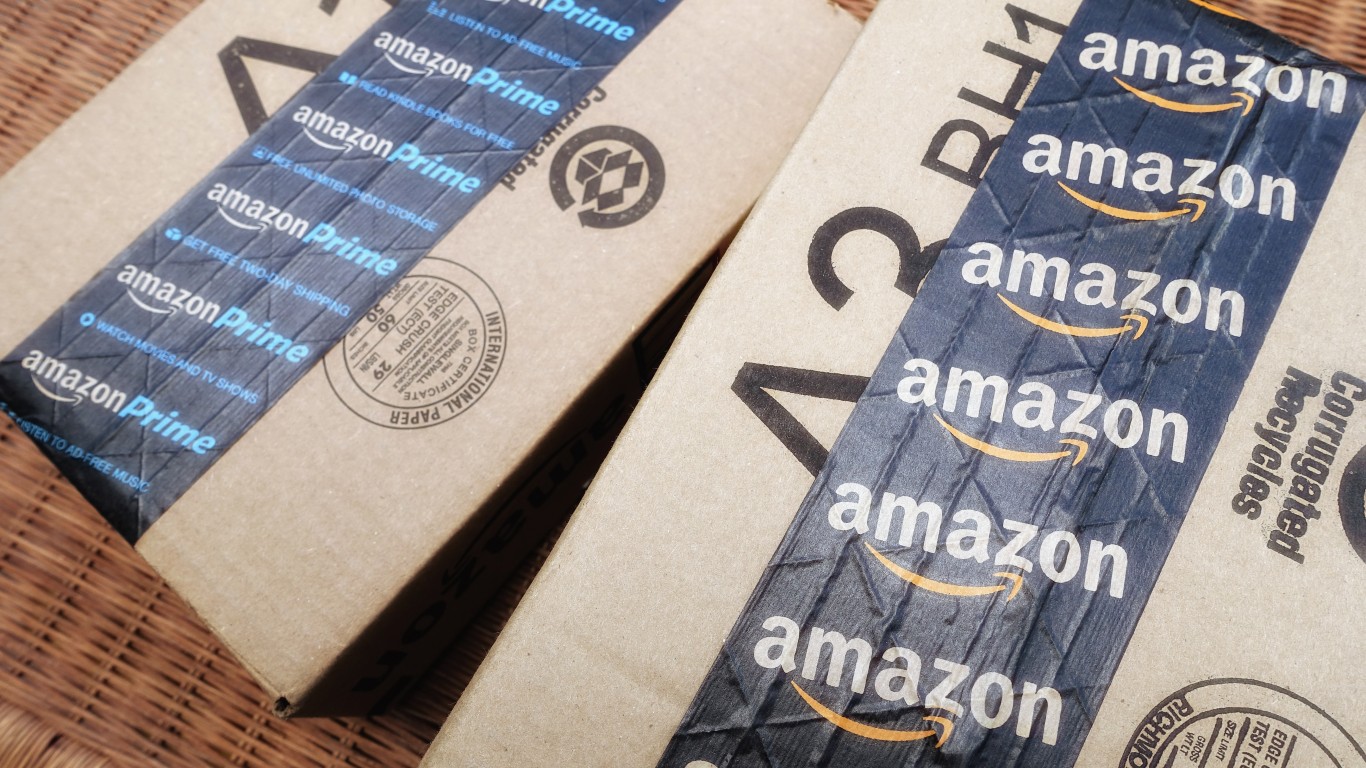
Source: courtesy of Wal-Mart Stores Inc.
A coalition of organizations called the Food Chain Workers Alliance (FCWA) last week released a report that it claims assesses the “labor conditions of workers in Walmart’s food supply chain as well as the company’s environmental impact worldwide.” The report also noted:
So far Walmart’s commitments to improving standards appear to be mostly a public relations stunt and haven’t translated to improvements in conditions for most of its food supply chain. Walmart now has an opportunity to wield its power to the benefit of workers, farmers, communities, and the environment.
Wal-Mart has adopted a responsible sourcing code of ethics that should help ensure that its suppliers comply with fair labor standards, environmental regulations and targets for purchases from small, family farmers. The FWCA contends, however, that the company’s supply chain strategy “leads it to source disproportionately from places with lax local environmental and labor regulations.”
ALSO READ: States Where Incomes Are Booming (or Not)
After detailing a number of reported violations of labor, environmental and humane treatment of animals, the report offers nine recommendations related to Wal-Mart’s supply chain, including more transparency and a third-party monitor to keep tabs on suppliers, among other things. The report also recommends that Wal-Mart pay all its employees a minimum of $15 an hour, make real investments in renewable energy and “stop paving fields and forests for new stores.”
Wal-Mart does have a huge impact on its food supply chain, and the company’s emphasis on low prices for its customers means that it must pressure its suppliers’ pricing. Should Wal-Mart be concerned about how its suppliers respond to that pressure?
A co-director of the FWCA told The Guardian:
This feels like it’s a real opportunity for Walmart to do the right thing. There’s a drumbeat of different announcements about what they want to do and how they want to be perceived. The question is, is it going to just be a PR stunt, or are they going to actually do something substantive to change the working conditions for millions of people and actually improve the environment?
Wal-Mart stock is the second-worst performer among the Dow 30 stocks so far in 2015, down nearly 14%. The company is trying a variety of new ideas in hopes of pumping up growth, but Wal-Mart’s very size means that little changes do not make a lot of difference. And expecting the company to give up its historical practice of squeezing suppliers in order to keep its prices to consumers low may be an exercise in futility.
ALSO READ: The 10 Most Popular Stores in America
Sponsored: Want to Retire Early? Here’s a Great First Step
Want retirement to come a few years earlier than you’d planned? Orare you ready to retire now, but want an extra set of eyes on your finances?
Now you can speak with up to 3 financial experts in your area for FREE. By simply clicking here you can begin to match with financial professionals who can help you build your plan to retire early. And the best part? The first conversation with them is free.
Click here to match with up to 3 financial pros who would be excited to help you make financial decisions.
Thank you for reading! Have some feedback for us?
Contact the 24/7 Wall St. editorial team.



